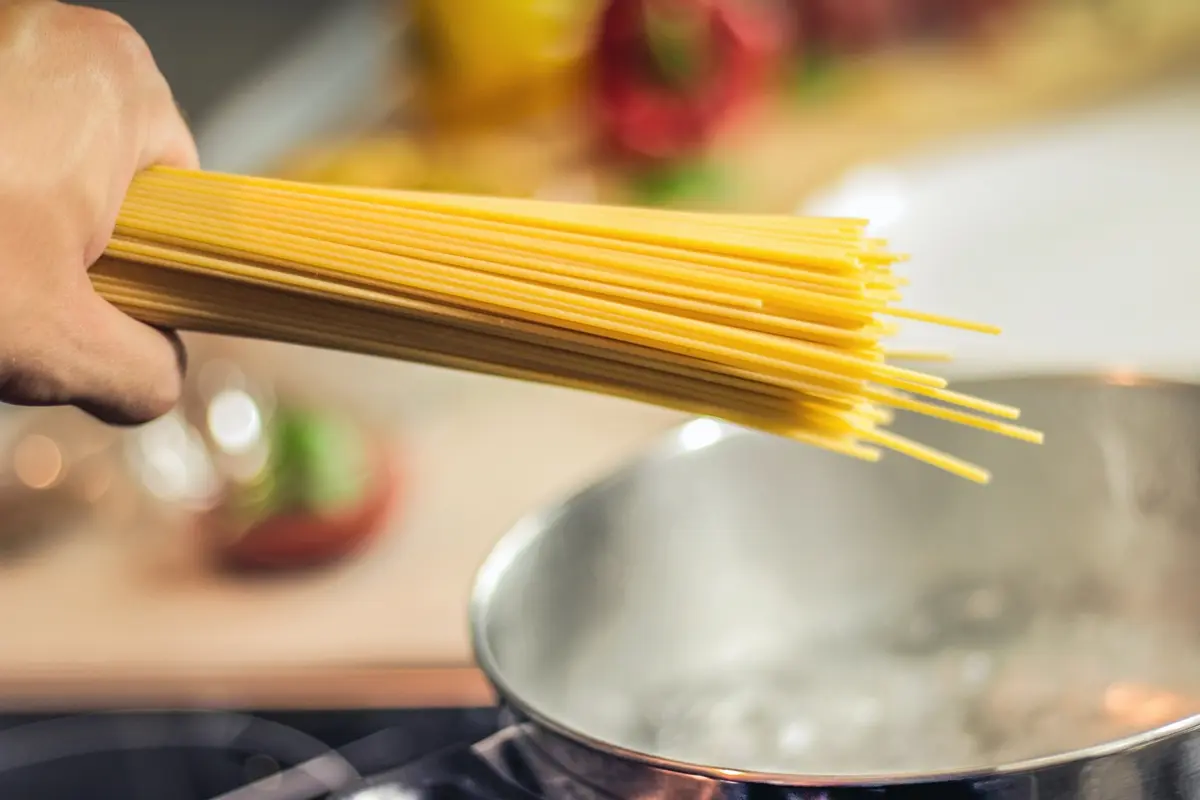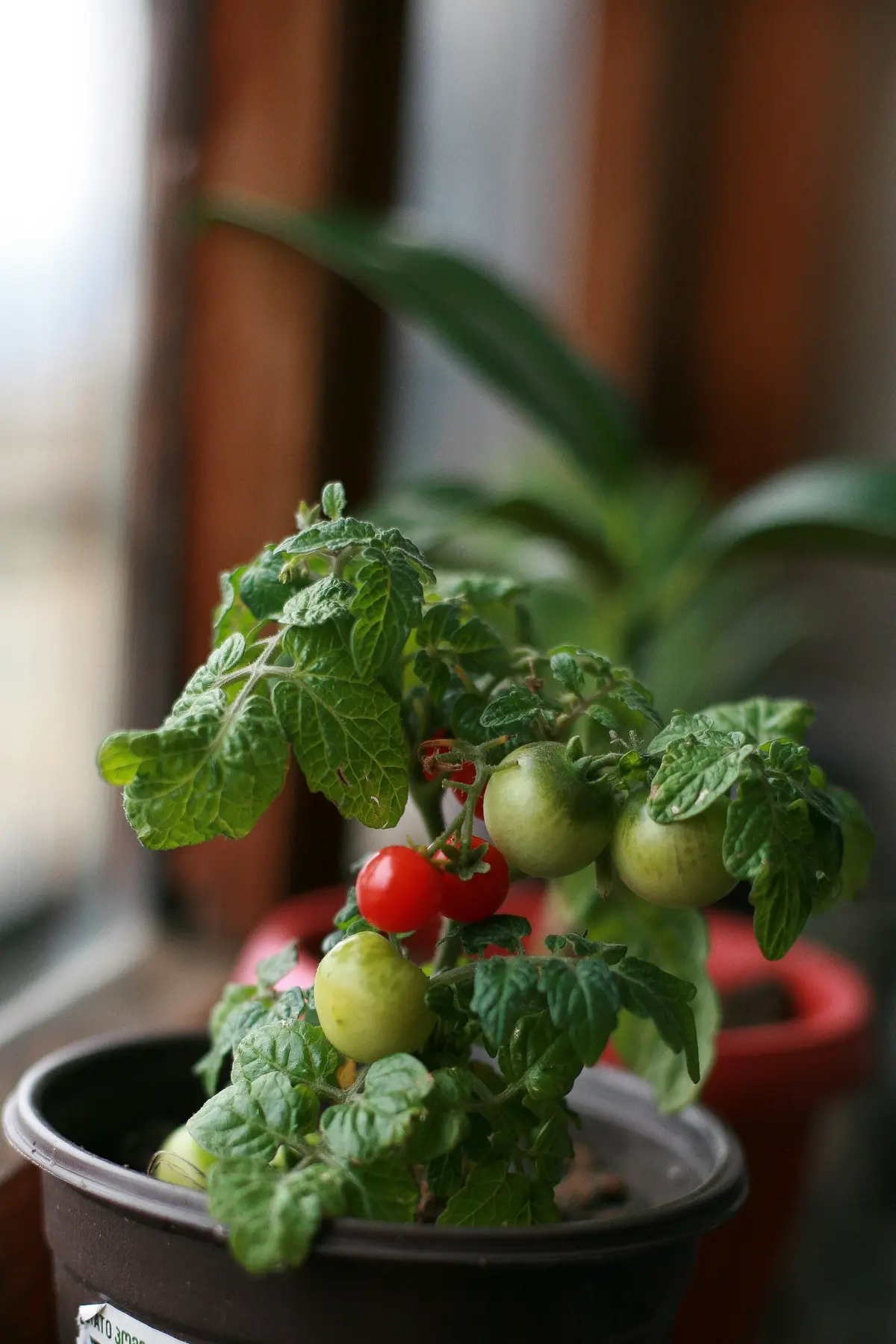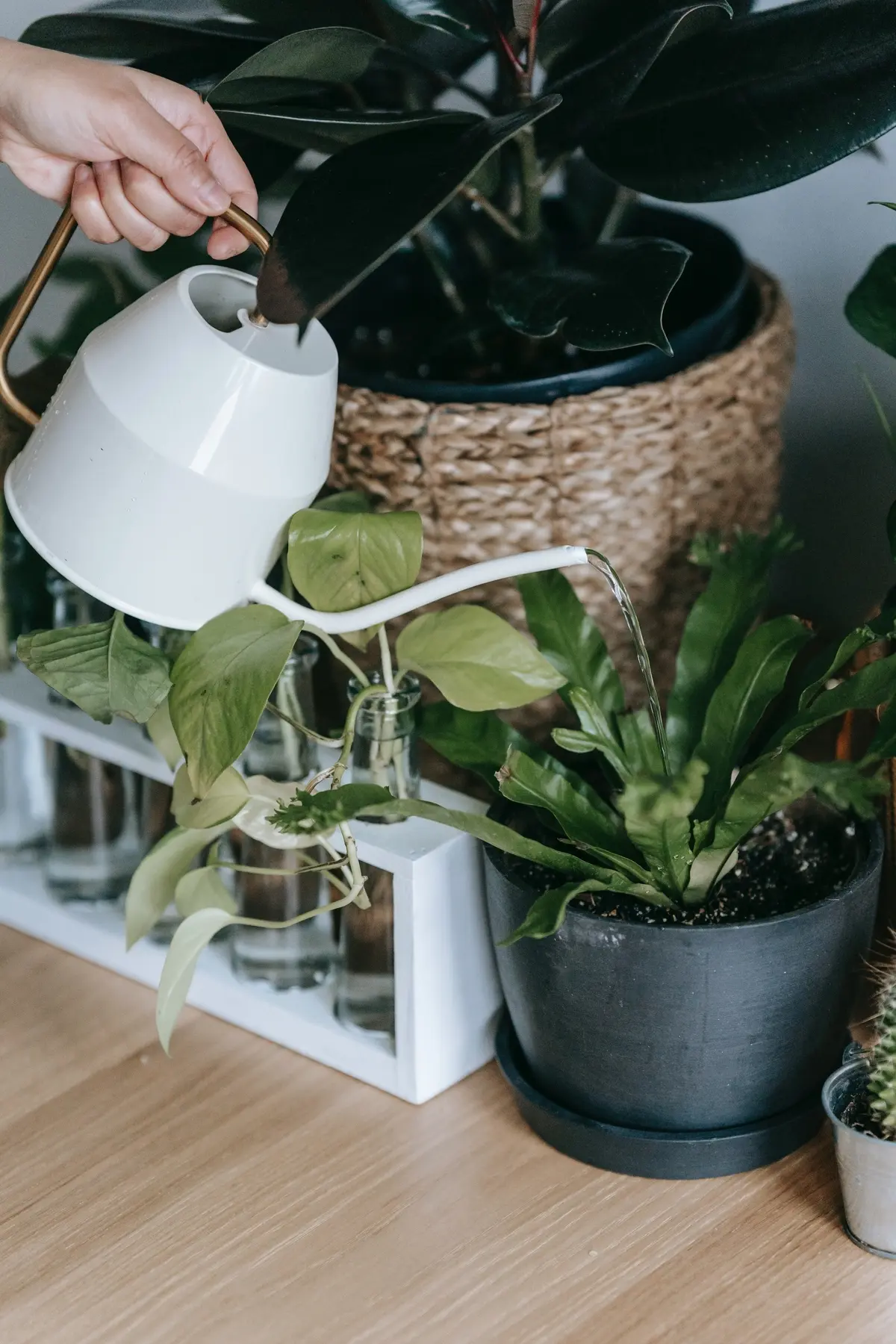If you’re looking for a way to give your plants an extra boost of nutrients, then why not try giving them some pasta water? Yes, that’s right – the starchy liquid left over from boiling pasta can actually be great for your indoor plants and/or your garden. It contains minerals and other trace elements that help nourish the soil and provide essential nutrients to your plants. Plus it’s free! You’ll find out exactly why pasta water is good for plants.
Why is starchy water good for plants

Starchy water has been found to contain several beneficial substances that are beneficial for plant growth including potassium, nitrogen, phosphorus and magnesium which all help promote strong root systems as well as healthy foliage growth. These substances help both garden and indoor plants to grow better. So it’s a great natural fertilizer. The same goes for potato water, by the way. Additionally, it contains trace amounts of iron, which helps prevent yellowing of leaves caused by nutrient deficiencies in the soil.
The starch itself provides energy sources for microorganisms living in the soil that aid with breaking down organic matter into nutrients available to your plants roots faster than would otherwise happen naturally over time without their presence – this makes starchy tea an excellent choice, if you want quick results when fertilizing your garden beds or potted houseplants!
In addition, pasta water is also a good repellent for lice (aphids). Pour the water into a spray bottle and spray the moldy ones on the plants.

Does starch water kill weeds?
Did you know that you can easily make your own organic weed killer from the water you use to cook noodles? Just pour the hot salt water onto those pesky weeds in your garden, and watch them disappear like magic in just a few days. Just make sure not to pour the noodle water on your pretty flowers and ornamental plants.
Here’s how it works: The hot water gives the weeds a thermic shock, causing their cells to burst without burning them. The salt in the water also sterilizes the soil and eliminates harmful microorganisms like mold that can damage your crops.
Which plants like pasta water?

So which types of plants like this special treat? Generally speaking, most vegetables and herbs love being watered with pasta water. Tomatoes in particular thrive when given a regular dose of this nutrient-rich liquid – just make sure you dilute it first, as too much starch can be harmful to their roots. Other leafy greens such as spinach or kale also appreciate being watered with diluted pasta water every now and then – but don’t forget about flowers too! Roses are particularly fond of getting some added nutrition from boiled spaghetti or macaroni once in a while.
How to store pasta water for plants
Storing pasta water for your plants is easy and requires very little effort. All you need to do is wait until after cooking the pasta in boiling water. Once the noodles are cooked through, carefully pour off the remaining liquid into a jar or container that has been sterilized with boiling hot water beforehand. The key here is not letting any bits of food get into this saved liquid, as they can introduce bacteria that could harm your plant’s roots when watered down later on.
Once cooled down completely, store it away in a cool dark place such as pantry shelves or cupboards until needed by watering directly onto soil around existing houseplants or seedlings at least once every week during dry spells – be sure not to over-water though! It’s best if used within 1 week, so use up what’s left before making more each time afterwards; otherwise discard any unused portions safely away from pets/children reachable areas (as some may find its contents appealing).
How to use pasta water for plants

However, there are two things you should consider before watering your plants with pasta water. You should let the water cool down before using it, until it is at least lukewarm. Water that is too hot can damage the plant. Also, the water should ideally not contain salt (you can salt the pasta later), otherwise there is a risk that it can attack the roots. Salt has the property of extracting water, and that is exactly what we do not want for plants and their roots.
So if you want to give your potted friends something extra special next time around – think outside the box (or pot!) by using up those leftover noodles instead! What can pasta water be used for? In this post, we give you 6 more ideas!
